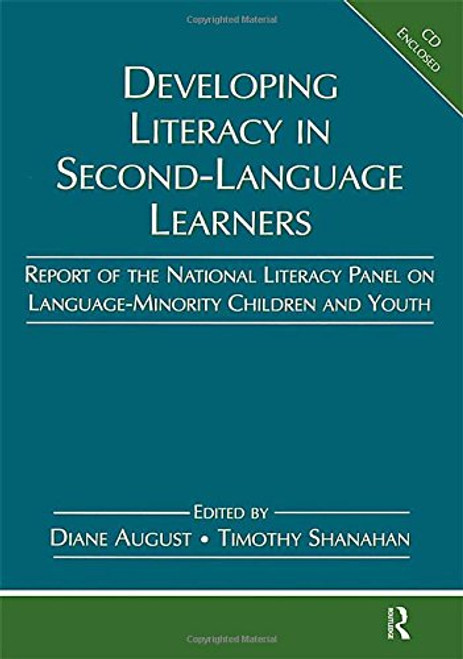This is a book about problem solving--an internal tool that shapes the cognitive development of young readers and writers. At the same time, it is a book about the role of the teacher and the curriculum in structuring problem-solving opportunities. It is a book that advocates for schools to create intellectual environments that make literate thinking a top priority for children. Finally, it is a book that presents teaching and learning as collaborative processes between many people with a common goal--literacy for children.
from the Introduction
How can teachers create a literacy curriculum that builds processing links between reading, writing, and spelling knowledge? In Shaping Literate Minds, Linda J. Dorn and Carla Soffos illustrate how processing theory can be applied to the everyday practices of classroom teaching.
If instruction emphasizes the interrelationships of these three language areas, students learn how to transfer knowledge, skills, and strategies across literacy events. This is complex theory, but the authors provide clear and practical examples to support teachers as they incorporate these ideas into their classroom practices.
Grounded in authentic experiences from primary classrooms, this book provides:
explanations of processing behaviors among reading, writing, and spelling knowledge;observational tools that support teachers in noticing changes over time in specific literacy behaviors;guidance on creating conditions for developing self-regulated learners;authentic reading and writing samples and teacher/student interactions;figures and pictures that clearly describe how teachers can use assessment to inform and guide instruction, with links to national standards;details for establishing a school-based literacy model that includes team meetings, assessment walls, high standards, and a curriculum for literacy;appendixes with reproducible assessment checklists, report cards, task cards for literacy corners, and guided reading observation forms for team meetings.With a national emphasis on accountability, high standards, and literacy achievement, Shaping Literate Minds will help teachers and administrators implement a high-quality literacy curriculum that links to national and state goals.






